Serving All of Maine Including Portland, Kennebunk, Augusta, Bangor, Saco, and Biddeford
In order to assist police in collecting evidence against you, they are trained to administer standardized sobriety tests. There are 2 kinds of sobriety tests:
Field Sobriety Tests
A set of physical tasks that police use to evaluate motor function impairment.
Chemical Sobriety Tests
these tests take a blood, breath or urine sample and evaluate it for the presence of drugs or alcohol.
The more accurate form of sobriety testing is chemical testing. There are several kinds of chemical tests and drivers should understand the distinction between them.
Call 207-571-8146 or contact us online to schedule a consult with one of our highly skilled criminal defense & OUI lawyers, serving Southern Maine, today.
Table of Contents
Types of Chemical Sobriety Test in Maine
A chemical sobriety test is the best way to measure the amount of drugs or alcohol in your system. If the results of your tests show that your blood alcohol concentration (BAC) was over the legal limit for your age, you will be charged with OUI. The legal BAC limits in Maine are as follows:
- Drivers over the age of 21 – .08% or greater
- Drivers under the age of 21 – Anything over .00%
- Commercial vehicle drivers – .04% or greater
If you have any amount of an intoxicant in your body, you can be charged with a drug related OUI crime.
Breathalyzer Tests
One of the most popular types of chemical sobriety tests is the breathalyzer test. These tests take a sample of your breath and check the amount of alcohol in your lungs. When alcohol is consumed and absorbed into the body, some of it vaporizes. This vapor stays in your lungs and reading it can give police an idea of how much you have had to drink. Breathalyzer tests are popular because police officers can carry the device with them in their patrol car. If they encounter a potentially intoxicated driver, using the breathalyzer is a quick and easy way for an officer to know if you are over the limit.
According to Maine law, only a person that is certified by the Maine Criminal Justice Academy can administer a breath test. Breathalyzer results can be used against you in court to show that you were impaired while operating a vehicle.
Blood Test
In some situations, an officer may decide that a blood sample should be drawn and tested instead of a breath test. There are a number of reasons why this may happen and the results of the blood test are admissible evidence. Unlike breath tests that provide instant results, this method requires you to wait several days or even weeks to find out your results. If the officer believes you are impaired and decides to give you a blood test, you can still be arrested and charged with OUI before the results come back.
Urine Tests
In some instances, police will ask you to take a urine test to check for the presence of drugs or alcohol. This is most commonly done in cases of drug intoxication since only a blood or urine test will check for drugs in your body.
Do I Have to Perform Sobriety Testing?
While you have the option to decline a field sobriety test, chemical tests must be taken. If you refuse a chemical test in Maine, you will steep penalties. Declining a blood, breath or urine test is a violation of Maine’s Implied Consent law.
When you get a driver’s license, you are giving your implied consent that you will submit to a chemical BAC test when asked by police. If you refuse these tests, you are violating your implied consent and will receive additional penalties.
The following penalties will be incurred if you refuse a chemical sobriety test:
- First OUI in a ten year period – A minimum of 96 hours of jail time, minimum fine of $600
- Second OUI in a ten year period – A minimum of 12 days of incarceration, minimum fine of $900
- Third OUI in a ten year period – A minimum of 40 days of incarceration, minimum fine of $1,400
- Anything beyond – A minimum of 6 months and 20 days of incarceration, minimum fine of $2,500
In addition to these penalties which will be added on top of your OUI sentence, you will face license suspension for violating implied consent. Each incident during your lifetime where you refuse a chemical test will be counted as a refusal. Each additional refusal will result in longer periods of license suspension:
- 1st refusal: 275 days of license suspension
- 2nd refusal: 18 months of license suspension
- 3rd refusal: 4 years of license suspension
- 4th refusal: 6 years of license suspension
Are Field Sobriety Tests Voluntary in Maine?
Field sobriety tests are voluntary because, according to Maine law, “if there is probably cause to believe a person has operated a motor vehicle while under the influence of intoxicants, that person shall submit to and complete a test to determine an alcohol level and the presence of a drug or drug metabolite by analysis of blood, breath or urine.”
Notice that the test that you “shall submit to” is one that tests blood, breath, or urine. Field sobriety tests, however, test none of these things. Therefore, field sobriety tests are not something you have to submit to, hence, they’re voluntary.
Police Won’t Admit That They’re Voluntary
However, police will never admit that these tests are voluntary when they pull you over. Instead, they’ll request that you step out of your vehicle – or sometimes flat out tell you to get out – and immediately instruct you on what to do for a field sobriety test.
Before you know it, you could be giving them the evidence they’re looking for to arrest you for OUI.
Why Should You Choose Not to Take a Field Sobriety Test in Maine?
Unlike breath, blood, or urine tests, field sobriety tests do not test your sobriety by measuring how much alcohol is in your blood. Instead, they test your motor skills and ability to follow complex sets of instructions by dividing your attention and making you perform multiple tasks at once. Drunk people have more trouble doing this than sober people do. However, for a variety of reasons, many completely sober people struggle to pass field sobriety tests.
Some field sobriety tests are physically demanding, requiring you to stand on one leg for extended periods of time, or walk along a line and then perform a very specific turn on your toes. Injuries or a lack of physical coordination can mean you fail the test and give law enforcement evidence that you’re under the influence, even if you’re sober. Even age can be a factor in a failed field sobriety test.
Contact an OUI Defense Lawyer in Maine
There is one defense to an implied consent violation. If you were not informed by police prior to giving your refusal that declining a chemical sobriety test would lead to additional penalties, you may avoid these penalties.
The OUI defense attorneys at The Maine Criminal Defense Group are experienced in fighting these and other DUI related charges. If you have been charged with an OUI, call us now!
Call 207-571-8146 or contact us online to schedule a consult with one of our highly skilled criminal defense & OUI lawyers, serving Southern Maine, today.
Blog Posts
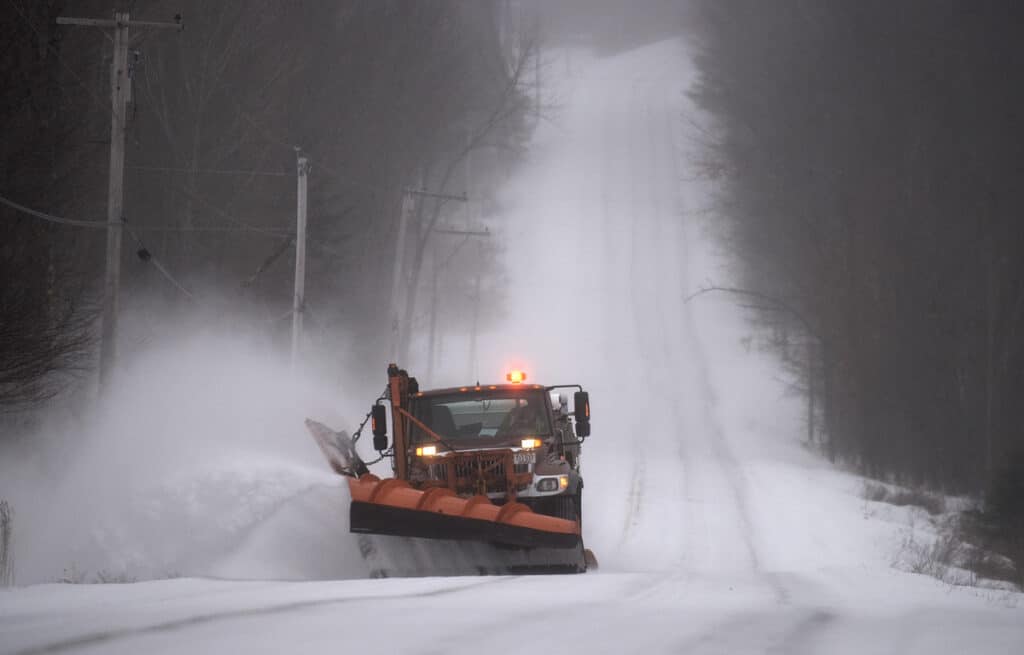
January 11th, 2025, in Skowhegan, Maine, a Maine Department of Transportation plow truck sustained a head-on collision caused by a drunk driver on Route 2, as reported by law enforcement.[...]

The tragic events of a fatal car crash in 2023 that claimed the lives of four young people have finally reached a pivotal legal outcome. Noelle Tavares, a former Maine[...]

In most states, there are many different places that the average person can take a driving course to satisfy court requirements as related to an DUI conviction. However, in the[...]
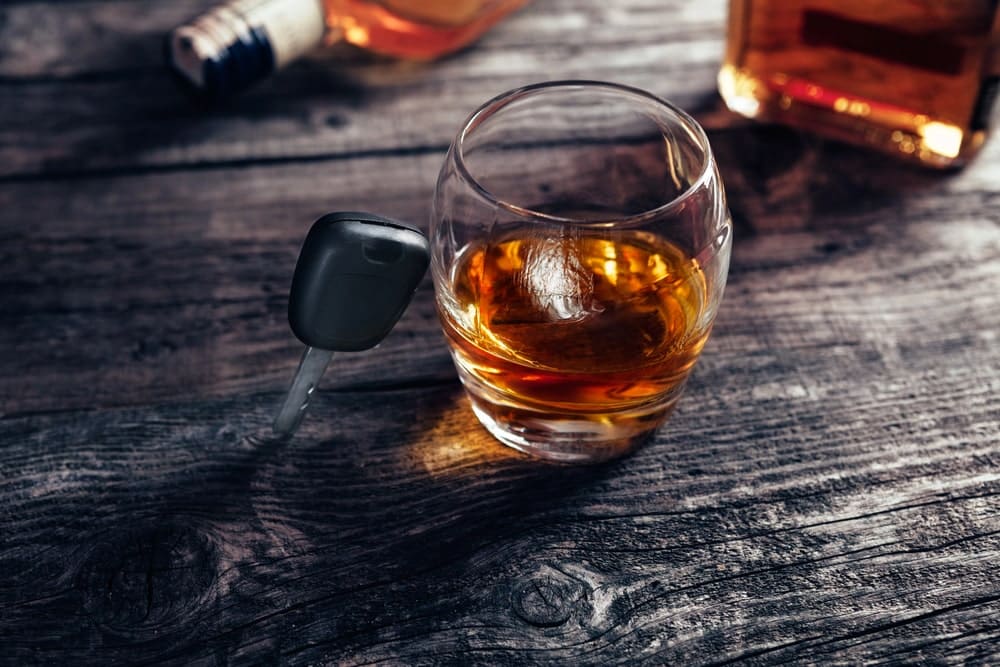
Defending against OUI offenses in Southern Maine Anyone charged with a 2nd OUI in Maine should expect little leniency from the criminal justice system. This makes it even more important[...]
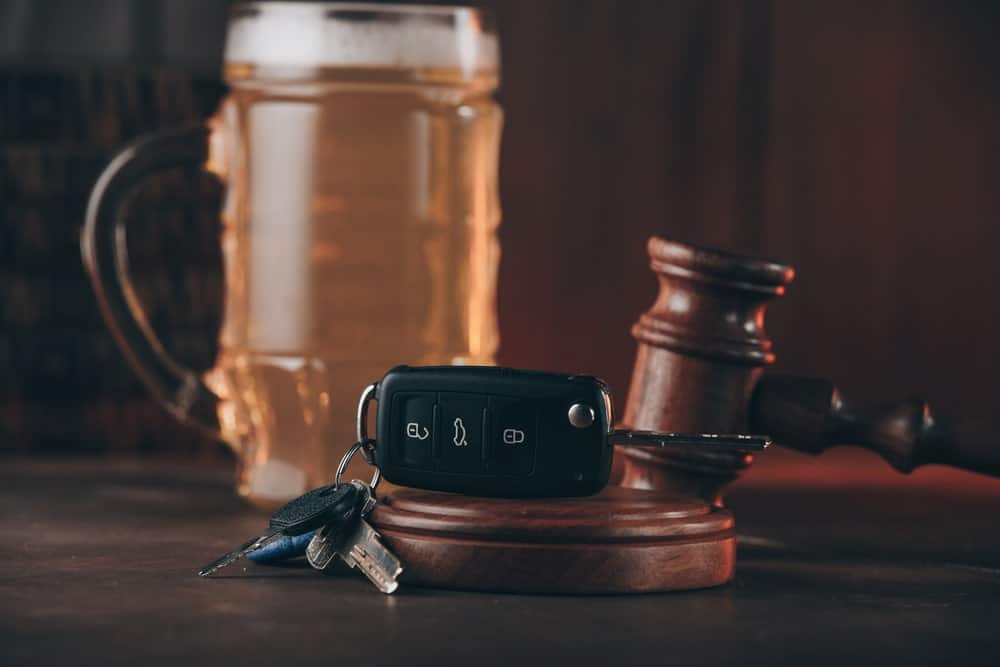
Defending against OUI Refusals in Southern Maine Did you know that it is a criminal offense to refuse to submit to a chemical test if lawfully requested to do so[...]
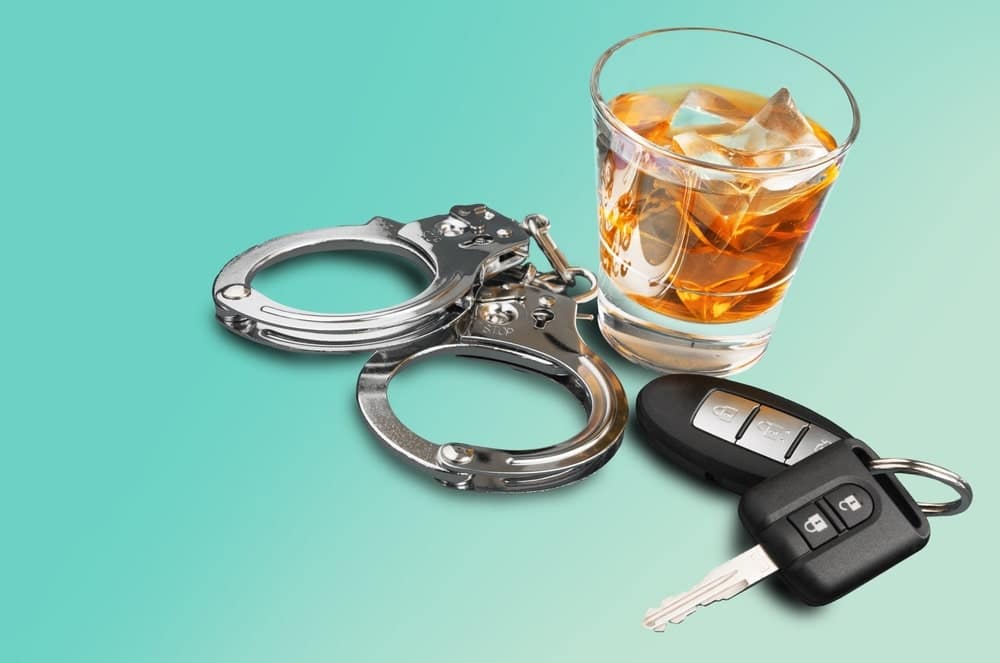
Reducing an OUI charge in Maine OUI charges are handled severely in Maine. For many people, a drunk-driving charge is their first time dealing with the criminal justice system and,[...]

Alcohol laws of Maine While you should be aware of the strict OUI laws in Maine, it’s also important to know about other ways you can face a traffic infraction[...]
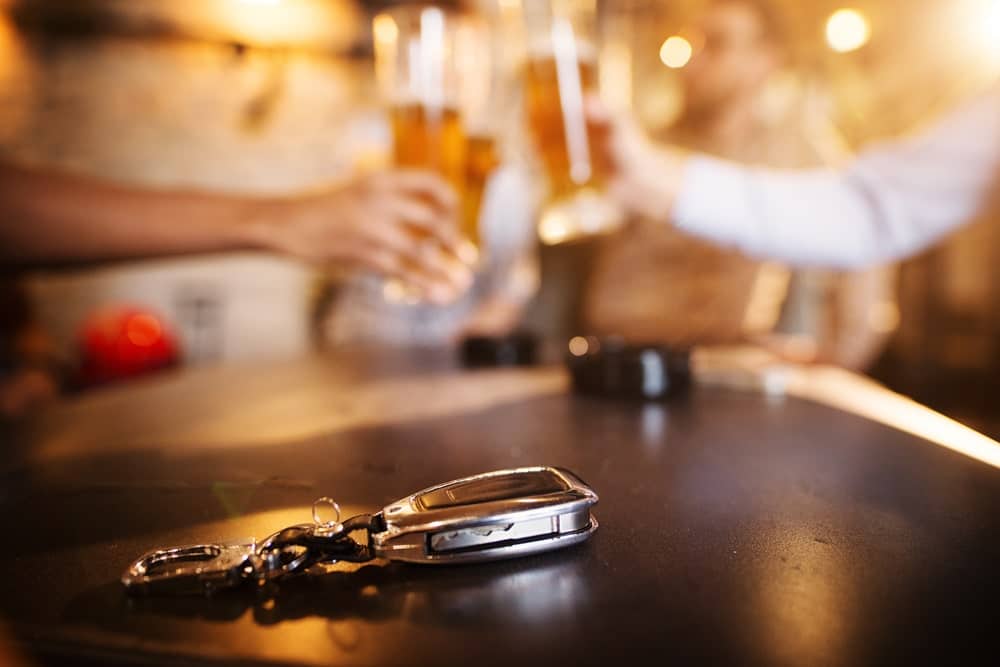
Defending against OUI offenses in Southern Maine A first OUI in Maine can potentially have long-term consequences, but with the right legal representation, alleged offenders can escape the harshest penalties.[...]
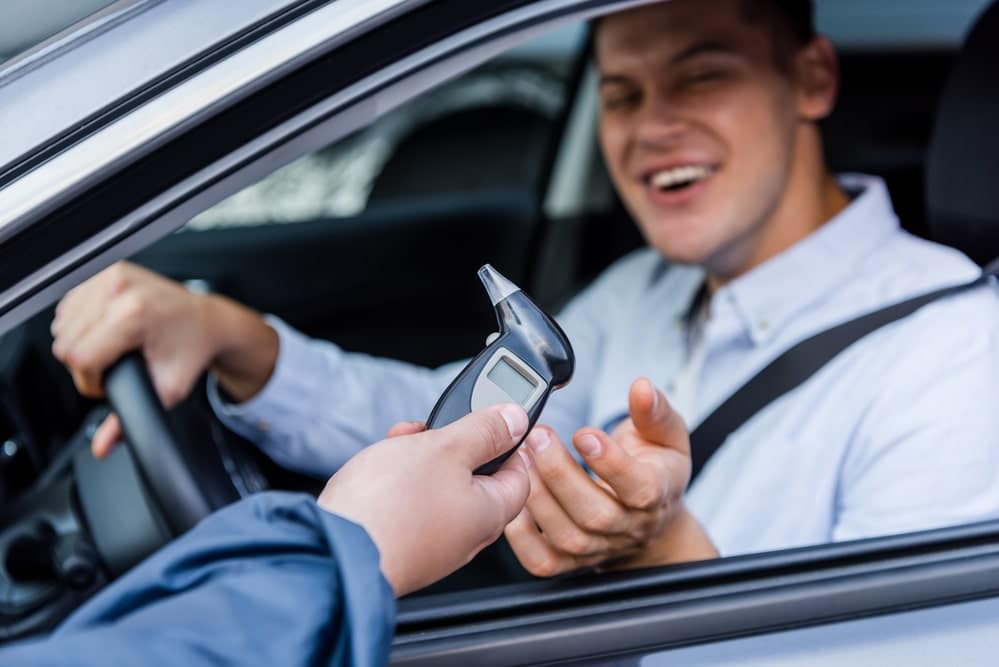
If you blow under .08 in a DUI breath test in Maine, it may be jumping the gun to breathe a huge sigh of relief. You may not be “free[...]
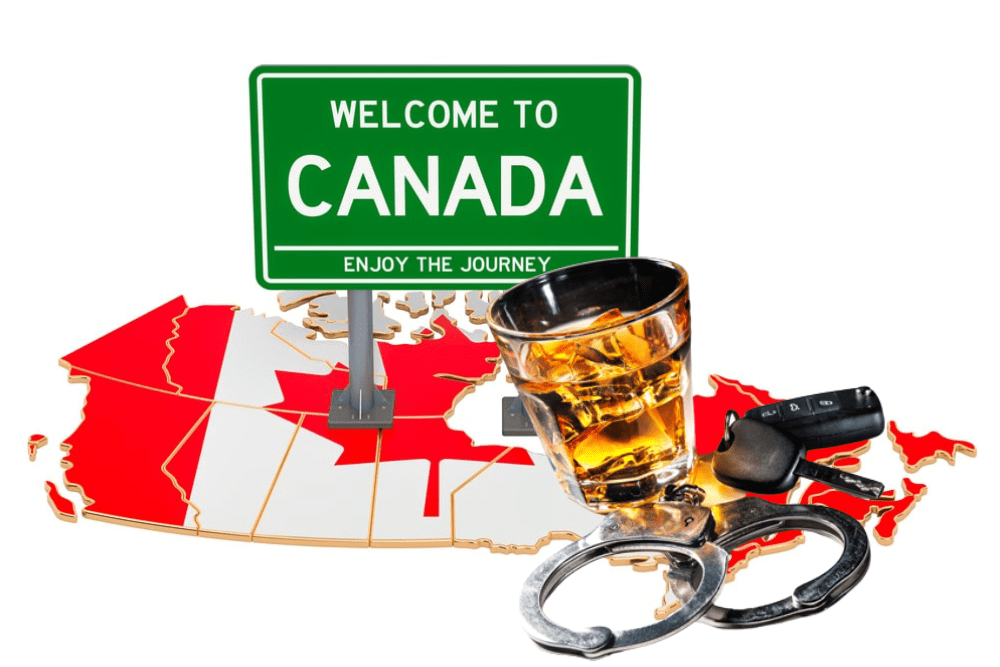
Last Updated: February 18, 2025 Between 11 and 15 million Americans visit Canada each year but you’re unlikely to contribute to those numbers in the future if you have an[...]


